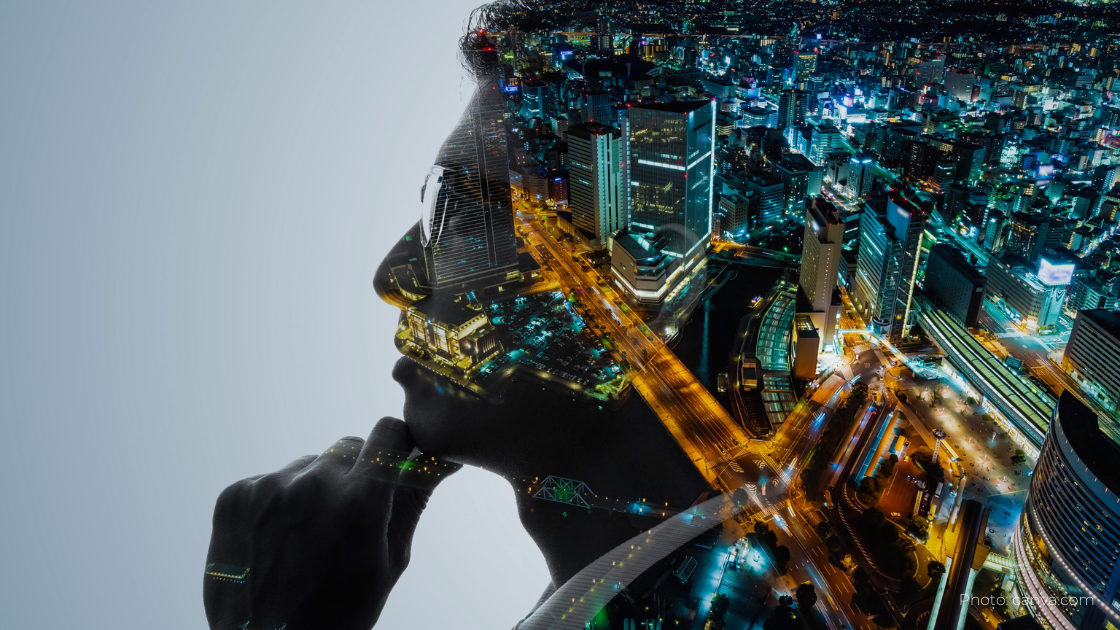There was a time when unhealthy relational dynamics were commonplace in my life. I spent years in a relationship with unhealthy dynamics, I danced in this struggle, trying to sort myself and the relationship out. Thinking that perhaps one day I would be able to figure it out and we could make it ‘right.’
I recall listening to a CBC show one evening on narcissism, many years before ‘narcissism’ was a common word in our culture. In it the host spoke about the characteristics and traits of a narcissist, which included a sense of self-importance, entitlement, arrogance, a lack of empathy, a tendency to exploit others for their own gain, an inability to be wrong, a preoccupation with their own power, beauty or success, manipulative behavior, a belief that they’re better than others, and a need for constant praise. As with any human experience, there can be multiple ways this can show up and it’s not always clear or something that is easily pathologized .
Yet, we (as a culture) have taken great liking to the word ‘narcissist,’ using the term liberally to describe others.
All of this made me start wondering about my own narcissism, because in reality, we all have components of some of these traits. I had to question myself: if I was able to see these traits in others, then it was likely that I had them myself. Often we’re able to identify characteristics in others because we’ve seen them before in ourselves, although we may not make the conscious connection.
I had to look at my beliefs around success, my feeling that ‘I have to do it all alone.’ my tendency to focus on what would be best for me and not the collective. I had to question my thoughts that I knew what was better for others, and that others were probably not doing the best they could. I wanted to feel special, wanted to be seen, wanted to be wealthy and independent.
I believed I was the only one who knew what was best for me — which meant blowing off gentle offerings of support and perspective from those close to me. In summary, I was living in my own world, not looking outward, and focusing on my own life and lacking curiosity about the outside world. I was not focussing on what others were experiencing, needing, or struggling with.
As I started to explore my relationship with narcissism, I started to see that it wasn’t just me. Society had also demonstrated similar traits, I began to wonder if I was learning some of those behaviors from popular culture.
Our preoccupation with what we do for a living, our self-worth being tied up in our careers or how many people know us and our work, is a form of narcissism. It’s shifted since the industrial age, and we’ve become a system that operates on commodities. We attribute value from what we can produce and how much money can be earned in production. A culture of farming and working together in community for the survival of all has transitioned into a culture which focuses on survival of the individual, in turn creating this era of self-involvement.
Not only did industrialization affect connectivity, it also created a massive separation from native cultures all over the world. We vanquished the wisdom of centuries of learning, sharing, and teachings by ancestral traditions and made the new shiny things our wisdom keepers. To say we’ve lost our way would be an understatement.
We’ve become obsessed with seeing others’ problems instead of reckoning with our own misconceptions and judgements. We see ourselves as right and all else as problematic.
Many people have fallen into the trap of talking about themselves and their lives. Unsolicitedly sharing about what they eat, morning routines, and big accomplishments,
My own self-involvement has been an exploration in the last few years, not something I’m proud of or like to admit. In recent times I’ve shifted toward being honest with myself and, in doing so, I have found more peace in my life and my relationships with others. I now understand the wisdom of witnessing the good in others. I’ve contemplated the idea that, perhaps, my purpose isn’t about being excessively well-off, and that’s felt like a weight off my shoulders. I’ve noticed a relief in my system when I spend more time supporting others instead of focusing on myself; my mind is healthier when I’m in that state and my life feels less complicated.
If our whole life is spent thinking about the injustices of the world, judging our friends for their choices, being upset with family for not showing up the way we want them too, or believing that we’re the only ones that see the truth, doesn’t that seem problematic?
I feel like this is a question for a PhD thesis: is culture creating narcissism, or are narcissists creating culture, or is it one and the same?
If we’re so obsessed with our own lives and with how to ‘live our best life,’ aren’t we contributing to disconnection and self-obsession? Aren’t we missing the whole point?
I don’t know, maybe I’ve just got my head in the clouds and my own curiosities are another way to fixate on the problems. Or maybe my thoughts could help someone else see how they’re showing up in the world a little more clearly.
with love, Noelle

